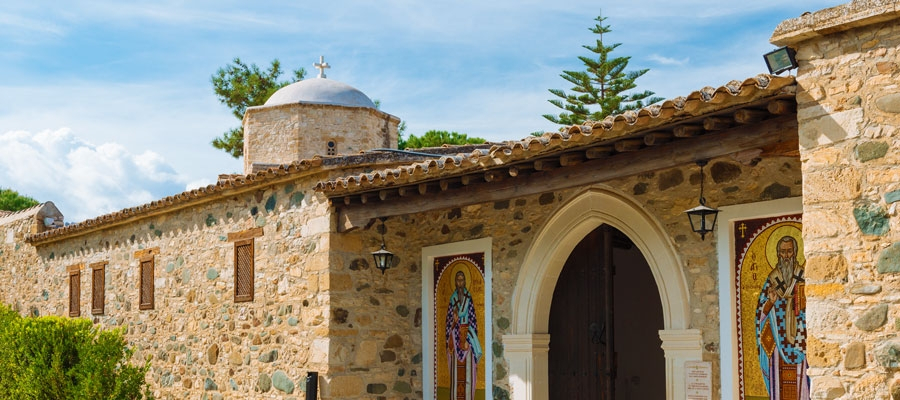
Agios Irakleidios Convent
Irakleidios, the son of a pagan priest, was ordained Bishop of Tamasos by Saints Paul and Barnabas. He was martyred at the age of 60
You are here: Home » Discover Cyprus » Culture
Cyprus is a small island with a long history and a rich culture that spans 11.000 years, making it one of the oldest civilisations in the Mediterranean – as evidenced by the many fascinating cultural sights, museums, monuments and galleries. Situated at the crossroads of three continents – Europe, Asia and Africa – the island’s unique geographic position has played an important part in its turbulent past since antiquity. Its Prehistoric Age inhabitants were joined 3,500 years ago by the Mycenaean Greeks, who introduced and established their civilisation, thus permanently instilling the island’s Greek roots. Many other cultures followed thereafter, including Phoenicians, Assyrians, Egyptians, Romans, Franks, Venetians, Ottomans and British, who all left behind visible remnants of their passage, and have thus created a mosaic of different cultures and periods. As such, the island is an open-air museum of prehistoric settlements, classical Greek temples, Roman theatres and villas, Early Christian basilicas, Byzantine churches and monasteries, Crusader castles, Gothic cathedrals, Venetian fortifications, Moslem mosques, and British colonial-style buildings. The old ways of life, customs and traditions are still beautifully preserved in the rural villages, and interesting elements of the island are captured in the many museums and galleries. It is not surprising then that UNESCO includes a number of the island’s sights on its list of World Heritage Sites. Whilst the preservation of historical sites and riches is of the upmost priority for the island, these efforts are in stark contrast with the unfortunate reality that a large part of its cultural heritage remains under Turkish occupation since July 1974, and has been subjected to severe damage. But when visiting Cyprus, you will never have to look far to find a piece of its history and culture, whether you want to discover more about the traditions of the island, or immerse yourself in its captivating past.
For the 11000 Years e-brochure click here (pdf)

Irakleidios, the son of a pagan priest, was ordained Bishop of Tamasos by Saints Paul and Barnabas. He was martyred at the age of 60
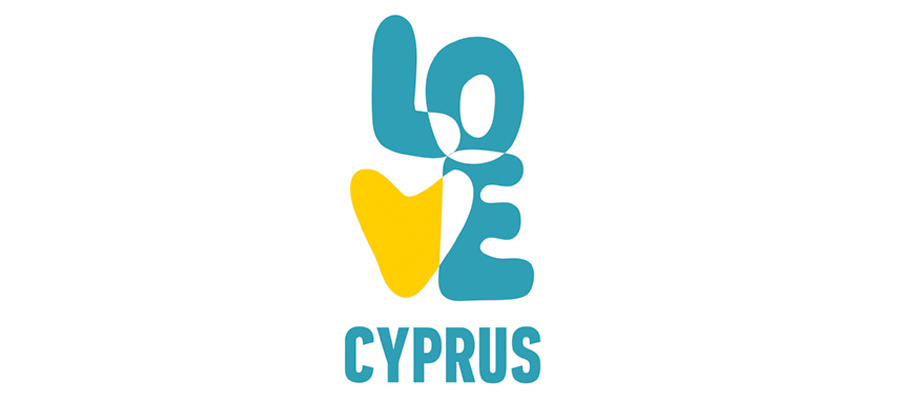
The museum of shoemaker Christos Chrysanthou is located in the mountainous village of Spilia and was founded in 2007 by Andreas Chrysanthou in honour of
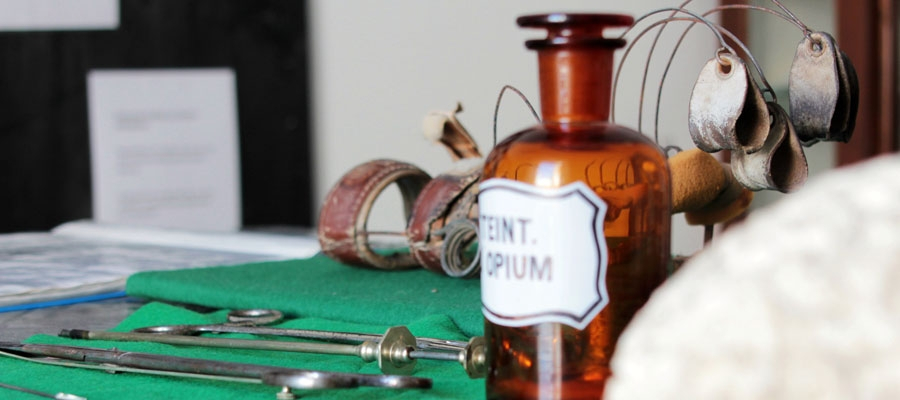
Housed in a traditional 1927 mansion in the centre of Larnaka (Larnaca), the Medical Museum of Kyriazi showcases the medical, healing and health history of
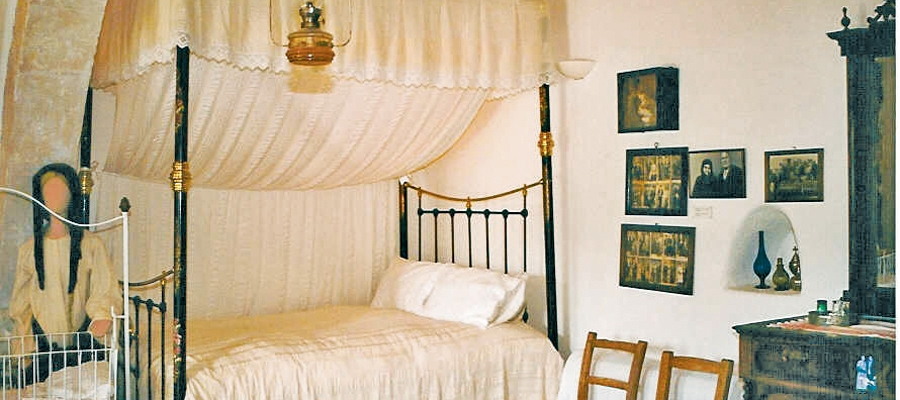
Housed in an old traditional residence, Deryneia Folk Art Museum exhibits a collection of everyday agricultural tools and equipment used by traditional farming families of
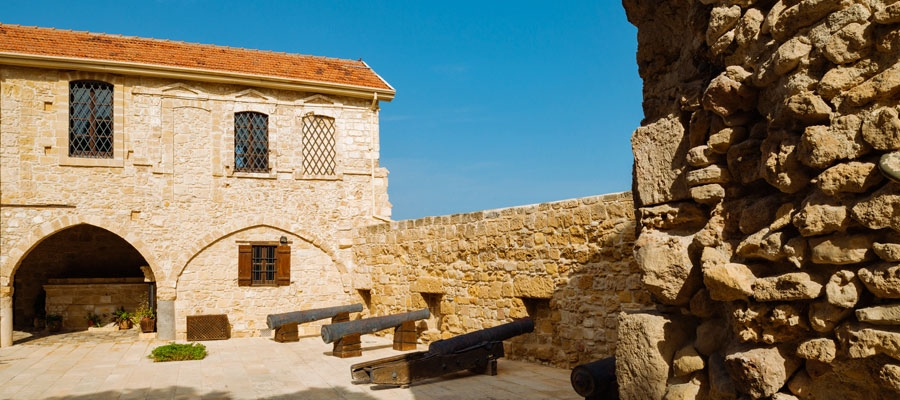
Located at the end of the Foinikoudes promenade, the Medieval Castle of Larnaka (Larnaca) (also referred to as Larnaka Fort) is believed to have been
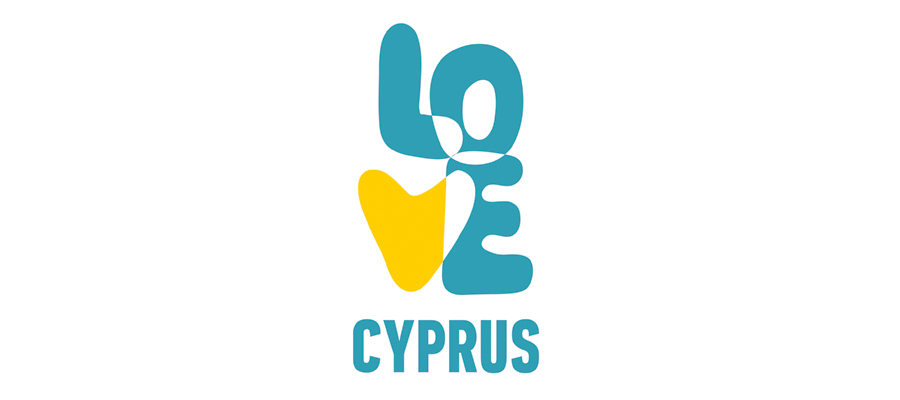
The Fassoula Agricultural Museum is housed in a traditional residence in the village of Fassoula, and contains agricultural tools, such as a plough, yoke, scythe